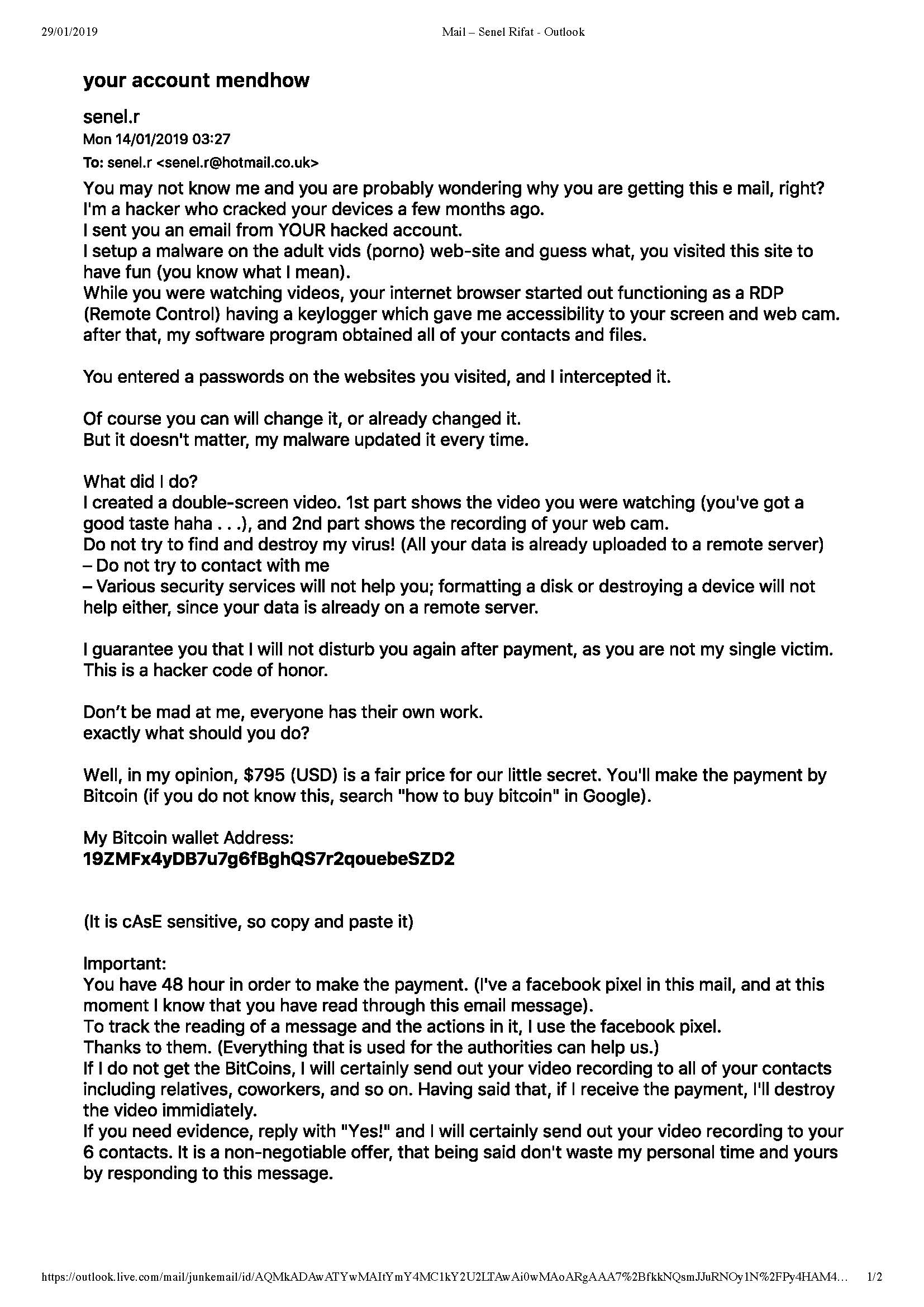HOME
THE SCREEN & [POST] DIGITAL FUTURE

Why is technology so dubious and disturbing?
For me, the concern lies in the loss of boundaries around ourselves.
Technology dominates our experience of life and the screen defines the twenty-first century. One of the most present surfaces in the modern day, we use the screen as a method of payment, to communicate and for entertainment. The phone is a very intimate example of technology use today - we carry it with us everyday consumed by our focus on the screen with our own physicality and the physical space around us being lost in the process.
The element of physical interaction involved when engaging with the screen as an object is important to consider; Touch is vital in creating an emotional response to something/someone. Modern design considers the human body more than it ever has done before, with the term ‘ergonomic’ acting as a kind of buzz word come the turn of the millennium - we now work around the screen, changing it shape, brightness, resolution and therefore deciding our own experiences.
A email from an alleged hacker found in my junk inbox
‘civil inattention’
The term
comes to mind.
Jean Baudrillard writes, ‘There is no separation any longer, no empty space, no absence: you enter the screen and the visual image unhindered. You enter your life as you would walk on to the screen. You slip on your own life like a data suit.’ [Baudrillard 2002: 177]
The screen lives on our bodies. Suddenly, distance between stage and auditorium is abolished and we are connected in an incredibly powerful way. It exists as the only link between ourselves and others and so our experience of technology is overtly emotional and essentially internal.
In 1966, the screen even provided a space for psychological expression when MIT professor Joseph Weizenbaum wrote the first psychological therapy programme ELIZA. ELIZA would rephrase questions presented to it in a way that resembled that of a therapist, and members of the public were fascinated. I managed to find a copy of ELIZA online, and tried the programme out for myself:
My experience of ELIZA was quite frankly infuriating. Perhaps now, with the development of technology and AI, ELIZA feels incredibly dated. Despite this, it brought up many interesting questions regarding the human element that computers can often possess. We are able to talk to them, and ask them questions and more often than not, they provide us with the answers.
The phone lets us present the self as we prefer it to be presented. Instagram allows us to re-touch, and experience our life through the appropriate filter, presenting the ultimate fantasy that we are never alone. ‘Pics or it didn’t happen’ or ‘I share therefore I am’ mentalities exposes societies repeated and perhaps obsessive desire for validation. Could we even argue that our own personal desires have begun to mirror corporate goals? Society appears happy to be ruled by something alien like technology; absorb ourselves into it and it will tell us what to emulate, or who to be. Take online dating for example. In order to succeed, you need to present your product well - even if this means bending some truths. The representation of the self is therefore deeply intertwined with the search for a match.
This is scary when we consider the body. Brands invest heavily into marketing, usually resulting in unrealistic images of the body, thus spreading a commodified idea of what it means to be attractive. We are ever more responsibly for the representation of ourselves as the world becomes more and more obsessed with the self - we are encourage to work on ourselves, perfect our bodies, and aspire to flawless, Instagram filtered lifestyles.
I wanted to engage creatively with this idea of our physical relationship to technology. I chose to use a contact mic (which I made with a jack lead and a bottle cap) because of the physical engagement required in order to trigger the sound. The materiality of the sound was abrasive which I felt appropriately embodied my frustrations around this huge societal change; The way in which social media presents itself with a sense of absolute positivity and connections with no limit, when in fact it has increasingly become a place for exploitative marketing firms to thrive. The cause and affect element of this experiment, when considering the context, was interesting to me - I was able to affect and manipulate the existence, shape and quality of the sound with my own body, just as technology does with our realising of identity.
Human beings are limited, whereas the stream of algorithms, data and information is not. It affects our bodies, how we engage with our own physicality or the physical space around us, how we construct or represent our identity, what we consider intimacy, and has even left us with an incredibly dysfunctional sense of time. We live in a world governed by stress, addiction and fear.
We live in an eternal present, and an exhausting consumption of a transitory media cycle has become our reality. We only remember ‘highlights’ or ‘snapshots’ of news, with social media’s product vision (Snapchat, or Instagram stories) is one where posts are designed to disappear and never be found again. It almost feels as though we are returning to a state in which orality - gossip, conversations - defines our media culture, as it did centuries ago when knowledge resided in collective memory because linear timelines of recorded events didn’t exist. In the same way, the Facebook algorithm delivers whatever it is that the mass is talking about on that day.
[CLICK ME]
Can we therefore argue that we are progressing backwards into the future?